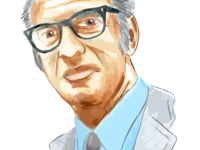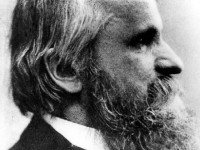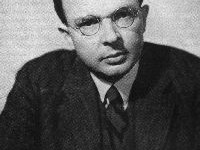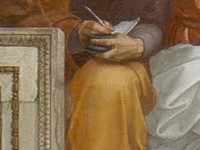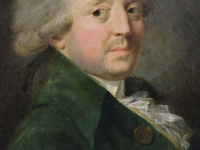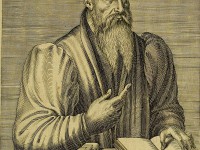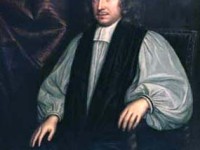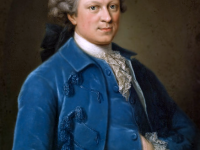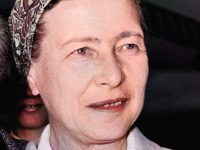Thomas Kuhn and the Structure of Scientific Revolutions
On July 18, 1922, American physicist, historian, and philosopher of science Thomas Samuel Kuhn was born. He is most famous for his controversial 1962 book The Structure of Scientific Revolutions, which was influential in both academic and popular circles, introducing the term “paradigm shift“, which has since become an English-language idiom. “Only when they must choose between competing theories do scientists behave like philosophers.” — Thomas Kuhn, Logic of Discovery or Psychology…
Read more

